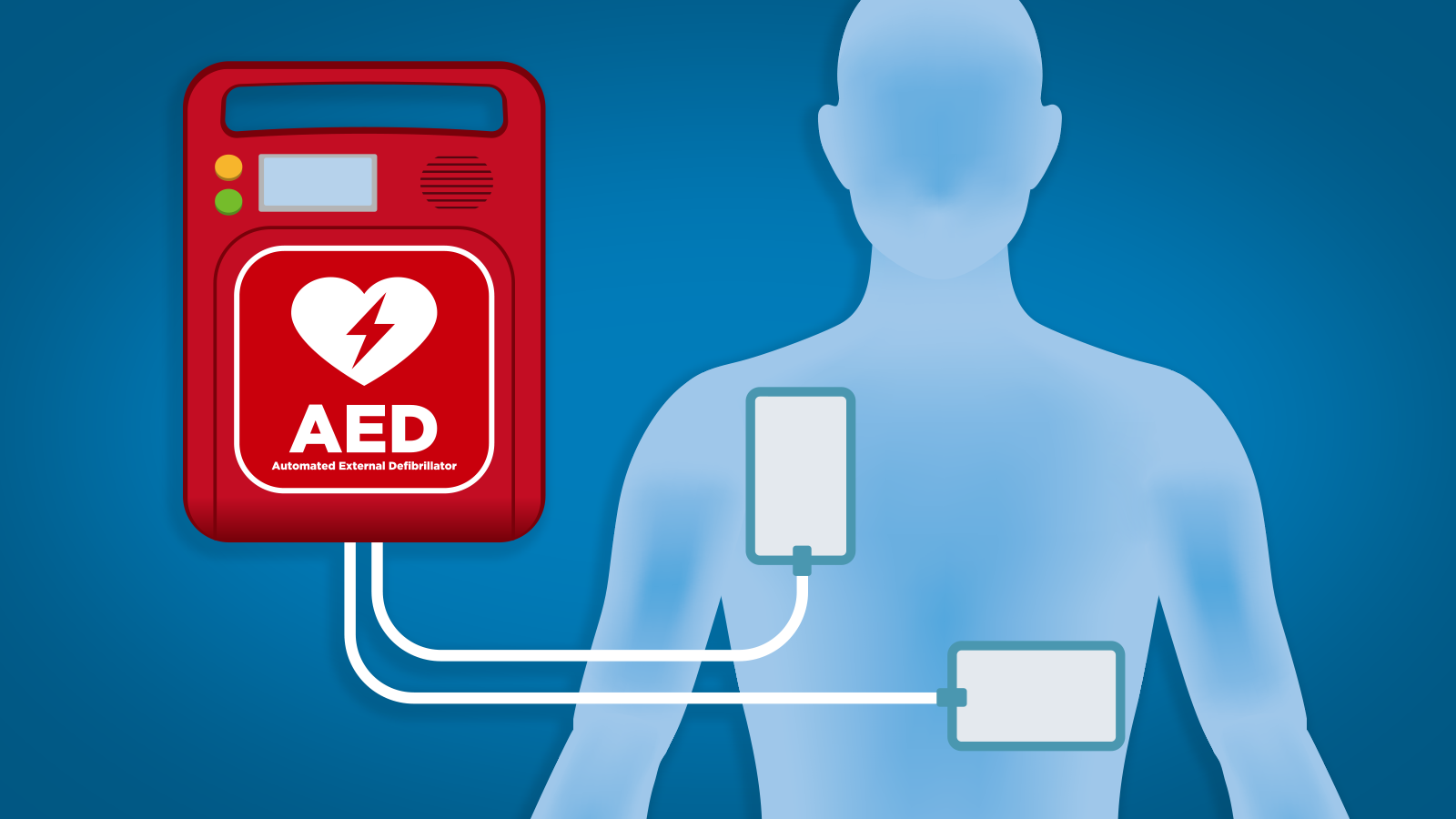April 2021
Print this issue
Pregnancy Check-UpsHealthy Start for Mom and BabySend us your comments
Life is busy before a baby arrives. There are many things to do to prepare. One of the most important is to visit your health care provider regularly.
Check-ups before your baby is born are called prenatal visits. They help make sure you and your baby are healthy. Your health care provider will look for certain problems that can happen during pregnancy. Some issues are best treated early. Others can be prevented before they start.
“Prenatal care is fundamental for shaping the lives of women and their children,” says Dr. Monica Longo, an NIH expert on prenatal health. Longo cares for women with high-risk pregnancies. Such women have a higher chance of complications.
If you think you may be pregnant, schedule a visit with your provider. If you’re pregnant, you’ll need to start regular prenatal visits. Most women have check-ups about once a month in the beginning. Then, they go more often later in the pregnancy.
During a prenatal visit, your provider will ask about your health history. They will also perform a physical exam and weight check. They’ll let you know how much weight gain is healthy for your body and help track your progress.
You’ll also be asked to provide a urine sample. Urinary tract infections (UTIs) are common during pregnancy. UTIs and other infections increase the risk of having a preterm birth. This is when you give birth at 37 weeks or earlier.
“One of the primary purposes of prenatal care is actually prevention,” says Longo. “We screen women to find potential health problems before those issues can worsen.”
During certain stages of pregnancy, your provider will perform blood tests and imaging tests. These include ultrasound exams to look at the baby’s growth and development. Visits are also an opportunity to talk with your provider about how to give your baby a healthy start.
“During prenatal visits, we educ-ate and counsel moms about healthy habits, healthy food choices, and exercise,” Longo says. “We also address any concerns a new mom-to-be might have.”
Taking a prenatal vitamin is also key. Folic acid is included in most prenatal vitamins. It reduces the risk of severe birth defects that affect the developing brain and spine.
It’s important to stay away from things that could harm your baby. These include certain medications, smoking, and alcoholic drinks. Also, talk with your provider about any health conditions. Conditions like diabetes (a disease that causes high blood sugar) and high blood pressure need to be brought under control.
Some women choose to talk with their provider before becoming pregnant. This is called a preconception visit. It can help you plan for a safer pregnancy.
Early and regular care for you and your developing baby is important. Studies show that prenatal care reduces the risk of having a low-birth weight baby. Low birth weight can cause health problems. Even during the pandemic, it’s essential to keep up with regular prenatal care.
“Providers around the globe have adapted prenatal care to fit the current challenges,” says Longo. That means using telehealth for visits that don’t have to be done in person.
Health care providers are also seeing fewer patients and extending the time between them. This reduces possible exposure in waiting rooms.
“Providers are prepared for these difficult times,” says Longo. So it’s crucial that moms-to-be keep up with prenatal care.
Source: NIH
Brought to you by Asia Online Press News




